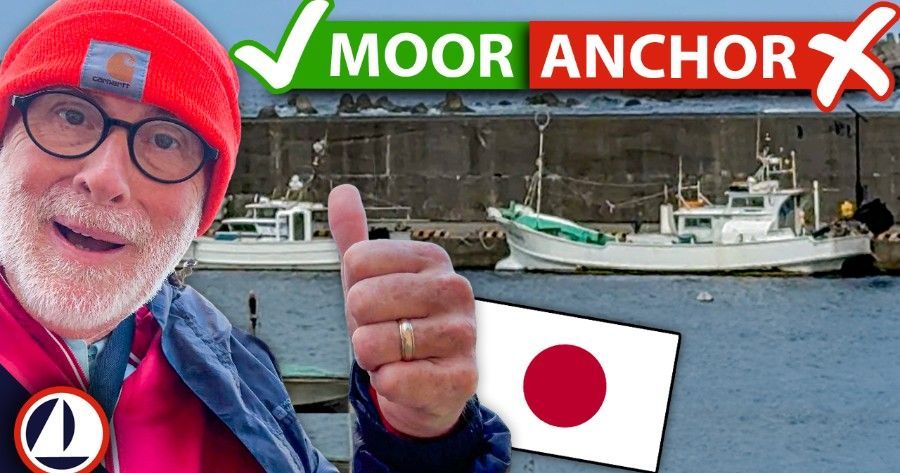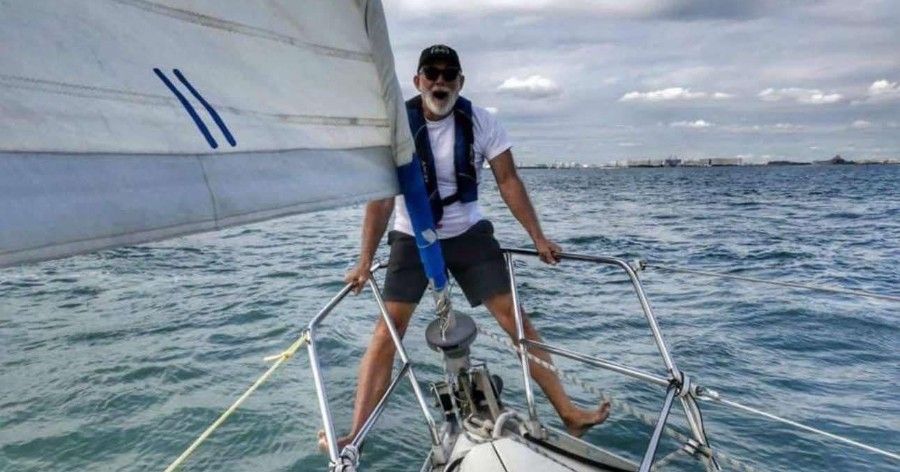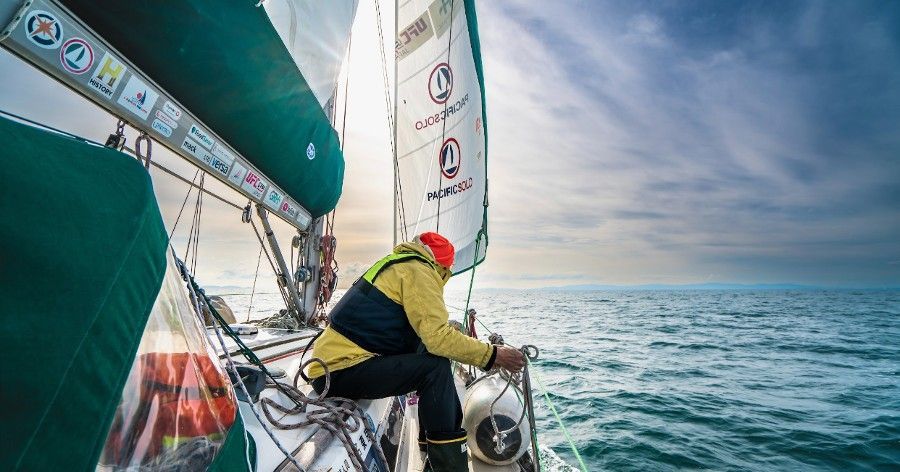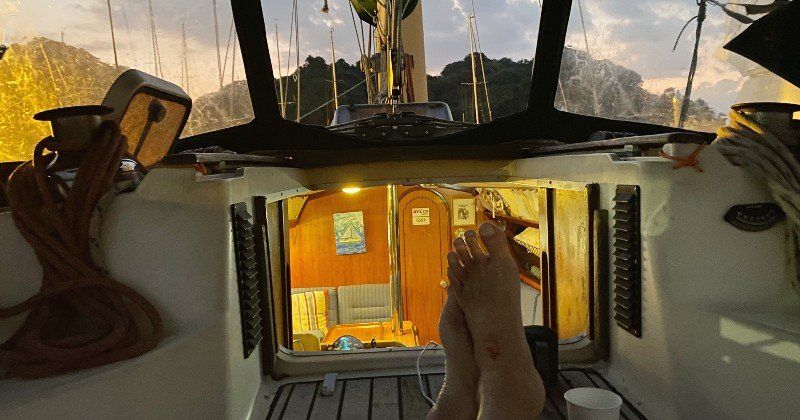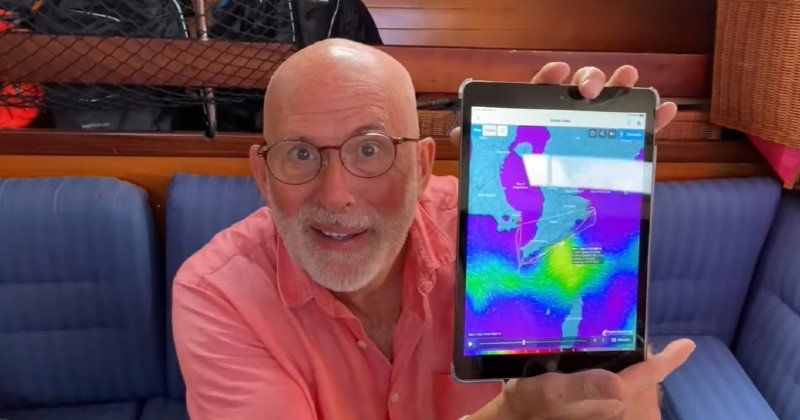Survival Japanese for Sailors: 5 Words to Build Connections in Japan
From Visiting Cruiser to Long-term friend
As more cruisers head to Japan, communication becomes crucial - not just for getting by, but for truly connecting with people. While some folks are natural language learners, I've always found it a bit of a challenge. But after spending five years cruising and visiting over 70 ports, I've picked up a few key words that have made a world of difference. These aren't just about politeness - they're your secret to building trust and moving beyond being the "pet foreigner" for a day. You can become a true friend to the locals.
So, if you're preparing to sail into Japanese waters, you've probably got the basics like Konnichiwa (Hello) and Arigatou (Thank you) down. But I want to share a few words that will help you go deeper and form real connections with the people you meet. Whether you're anchoring in a quiet fishing village or pulling into a bustling marina, these five words will transform your interactions. To hear each of thse words pronounced by different voices, check out the video I just posted:
1. Sumimasen (すみません)
This is the word to know. It means "Excuse me" or "I'm sorry", but it's so much more than that. In Japan, harmony is everything, and Sumimasen helps keep the social balance. Whether you're asking for directions, apologizing for bumping into someone, or thanking a fisherman for helping you dock, this word shows you're polite and aware of the people around you. If you learn only one word - make it this one!
2. Yoshi (よし)
This one's a favorite of mine. It's a little word that means, "Alright, let's do this!" You'll hear it from fishermen, sailors, and locals before they start a task. I use it all the time - whether I'm hoisting a sail, lifting something heavy, or helping a local fisherman unload his catch. It's a word that shows you're ready for action, and it always gets a smile or a nod of recognition.
3. Gambatte (頑張って)
Need a little motivation or want to give someone a boost? Gambatte means "Do your best" or "Hang in there!" It's a word of encouragement that's perfect for those hard-working moments, whether it's you or someone else who needs a bit of support. I say it all the time to the fishermen at the docks - it's a great way to show you're rooting for them.
4. Daijobu Desuka? (大丈夫ですか)
This phrase is your go-to when you want to check if everything's okay. It means "Are you okay?" or "Is it alright?" Use it when you're not sure if your request is reasonable, or if you're concerned about someone. It shows that you're considerate and that you care. Trust me, people appreciate that you're looking out for their well-being.
5. Kiotsukete (気をつけて)
Kiotsukete is one of the sweetest phrases you can use - it means "Take care" or "Be careful". I use it all the time, especially when there's a typhoon coming or when a fellow sailor is heading into rough waters. It's a thoughtful way to show you're concerned for someone's safety.
These five words have been my constant companions as I've sailed through Japan, and they've helped me make genuine connections wherever I've anchored. Toss them into your everyday interactions, and you'll see how quickly people open up to you. You won't just survive Japan - you'll thrive.
Give these words a try, and let me know how they work for you!

